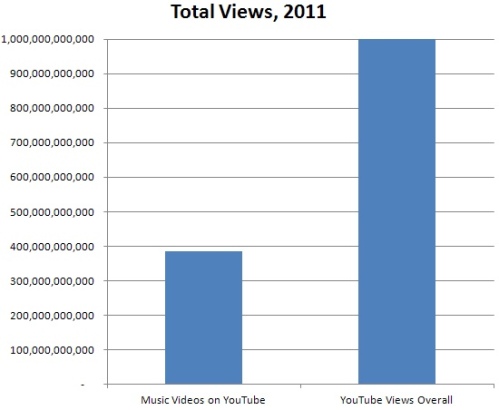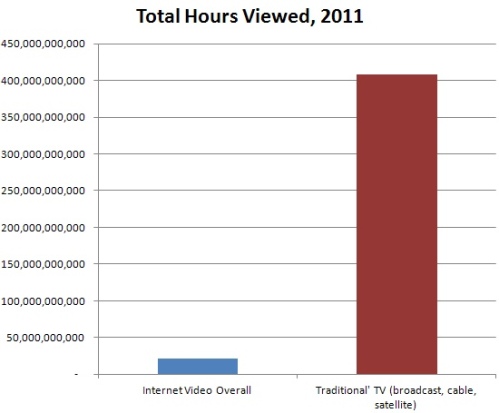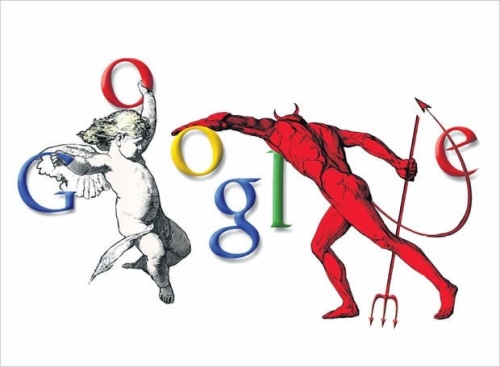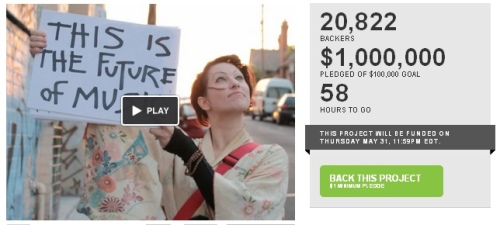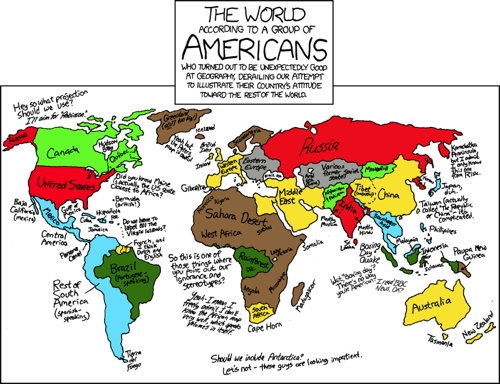Let’s Give This Week A Variety
by Mandi Lynn
Last week’s top 20 contained many of hits that were overplayed on the radio. Clearly my music this week may have been inspired by those who listen around me, and even my mood. However, it looks like old school and new school made my mood very interesting for this week. Let’s take a look and see what this weeks top 20 has to offer (bold songs are favorites).
Top 20 for 5/28:
1. Casual Sex – My Darkest Days
2. Somebody That I Use to Know – Gotye ft. Kimbra
3. Wish You Were Here – Pink Floyd
4. Happiness Is A Warm Gun – The Beatles
5. What the Hell – Avril Lavigne
6. Welcome to the Family – Avenged Sevenfold
7. That’s All She Wrote – T.I. ft. Eminem
8. Who Dat Girl – Flo Rida ft. Akon
9. Check It Out – Nicki Minaj ft. will.I.am
10. F.C.P.R.E.M.I.X. – The Fall of Troy
11. We R Who We R – Ke$ha
12. The Motto – Drake ft. Lil’ Wayne
13. Call Me Maybe – Carly Rae Jepsen
14. Letters to Danielle – Kalliko
15. Little Talks – Of Mice and Monsters
16. Glad You Came – The Wanted
17. It’s Time – Imagine Dragons
18. Feel So Close – Calvin Harris
19. All I Want Is You (Acoustic) – Kalliko
20. Sex In The Lounge – Nicki Minaj ft. Lil’ Wayne & Bobby V
Again, this weeks playlist turned out to be quite interesting from last weeks. Until next week, check out any songs that you don’t recognize.




